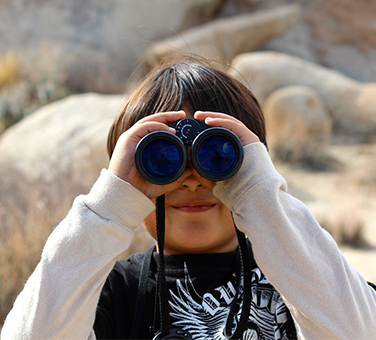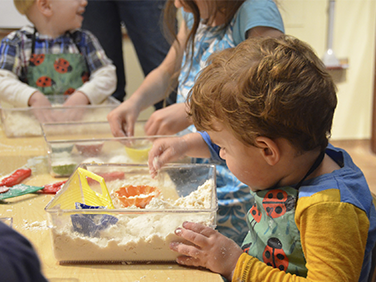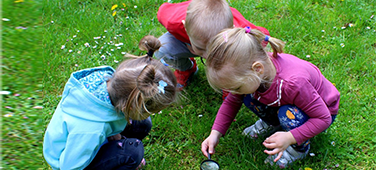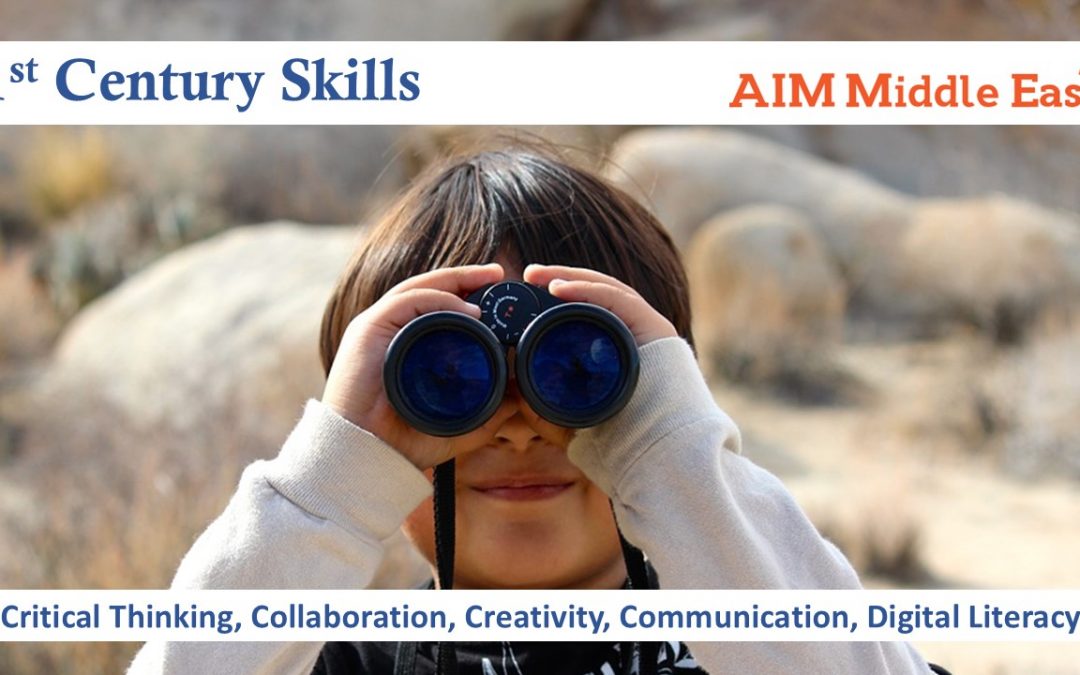21st Century Skills for Early Childhood Educators:
Preparing Young Learners for Tomorrow
| Maliha Ahad |
14/10/2024 |
In an increasingly complex world, preparing our youngest learners with the tools to succeed has never been more critical. The concept of 21st-century skills may seem like a focus for older students, but the foundations for critical thinking, creativity, collaboration, and digital literacy must start early in life. As early childhood educators, we play a pivotal role in shaping the next generation’s ability to adapt, innovate, and thrive.
When I speak with educators, many are aware of what these skills entail, yet the real challenge lies in how to practically embed them into everyday teaching and learning. In this article, I will share what these skills are and why they are critical to preparing our students for the complexities of the future.

Why do 21st Century Skills Matter for Young Learners? Children today are growing up in a world vastly different from the one we experienced. Rapid technological advancements, multicultural environments, and the need for creativity and collaboration in almost every profession mean we must rethink how we approach education, even at the earliest stages.
21st-century skills are a set of competencies that equip children for the realities of the future, focusing on Critical Thinking, Collaboration, Creativity, Communication and Digital Literacy. These skills are not just add-ons but should be central to the way we teach and engage young learners.
In you role as an early childhood educator, I encourage you to create environments that support free play activities; give children ownership of their choices; allow them to make mistakes and develop the habit of asking open ended questions. Let’s explore this further.

Play-Based Learning – Encourage This: You know what it is and try to incorporate it in your practices, but that is the key ‘you are trying”, whereas this should be a given today. Children learn best through play, and play is the perfect vehicle for developing 21st- century skills. When children engage in role-play or group activities, they are learning to collaborate, solve problems, and think creatively. Structured play can also introduce critical thinking by encouraging children to explore solutions and ask questions. Lead children into a play-based activity by providing them with the resources to create a solution, but on their own.
Collaboration and Social Skills – Foster This: Collaborative play fosters social-emotional learning and teamwork. Group activities like building blocks or joint art projects allow children to learn from one another, share ideas, and develop communication skills. Set up group problem-solving tasks where children must work together to find a solution, teaching them the power of collective thinking.


Creativity and Innovation – Promote This: Creativity is often inherent in young children, but it’s crucial to nurture it. Offer open-ended activities where there is no “right” or “wrong” outcome. Let children explore materials, invent new games, or come up with their own stories. This freedom to imagine and experiment lays the groundwork for innovative thinking later in life.
Technology – Use This Responsibly: Introducing young learners to digital tools in a safe, guided manner can help build their digital literacy. Simple apps that promote learning or interactive storytelling can teach children how to engage with technology constructively. However, it’s essential to balance screen time with hands-on activities to encourage holistic development. Remember, they will get into the digital world with or without you; so why not provide the guidance.


Critical Thinking – Cultivate This: “Curiouser and curiouser! cried Alice” Encourage curiosity. Get children to ask “why” and explore the answers. Provide them with puzzles or problem-based activities that require thinking through different outcomes. Asking open-ended questions during storytelling or class discussions can stimulate curiosity and develop reasoning skills.
As educators, it is our responsibility to not only introduce these skills but to model them. When we think critically about the activities we plan, collaborate with colleagues, or use creativity in problem-solving, we are showing young learners how these skills function in the real world. Moreover, working closely with parents to build a consistent approach both at home and in the classroom reinforces the value of 21st-century skills in a child’s daily life.
Developing 21st-century skills isn’t just about preparing children for the future; it’s about fostering well-rounded individuals who can thrive in any environment. Early childhood educators have the unique opportunity to lay the foundation for this future.
At AIM Middle East, we are committed to supporting educators in incorporating these essential skills into early learning and effectively integrate them into classrooms. Together, we can prepare our youngest learners to not only meet the challenges of tomorrow but to lead with confidence, creativity, and compassion.

